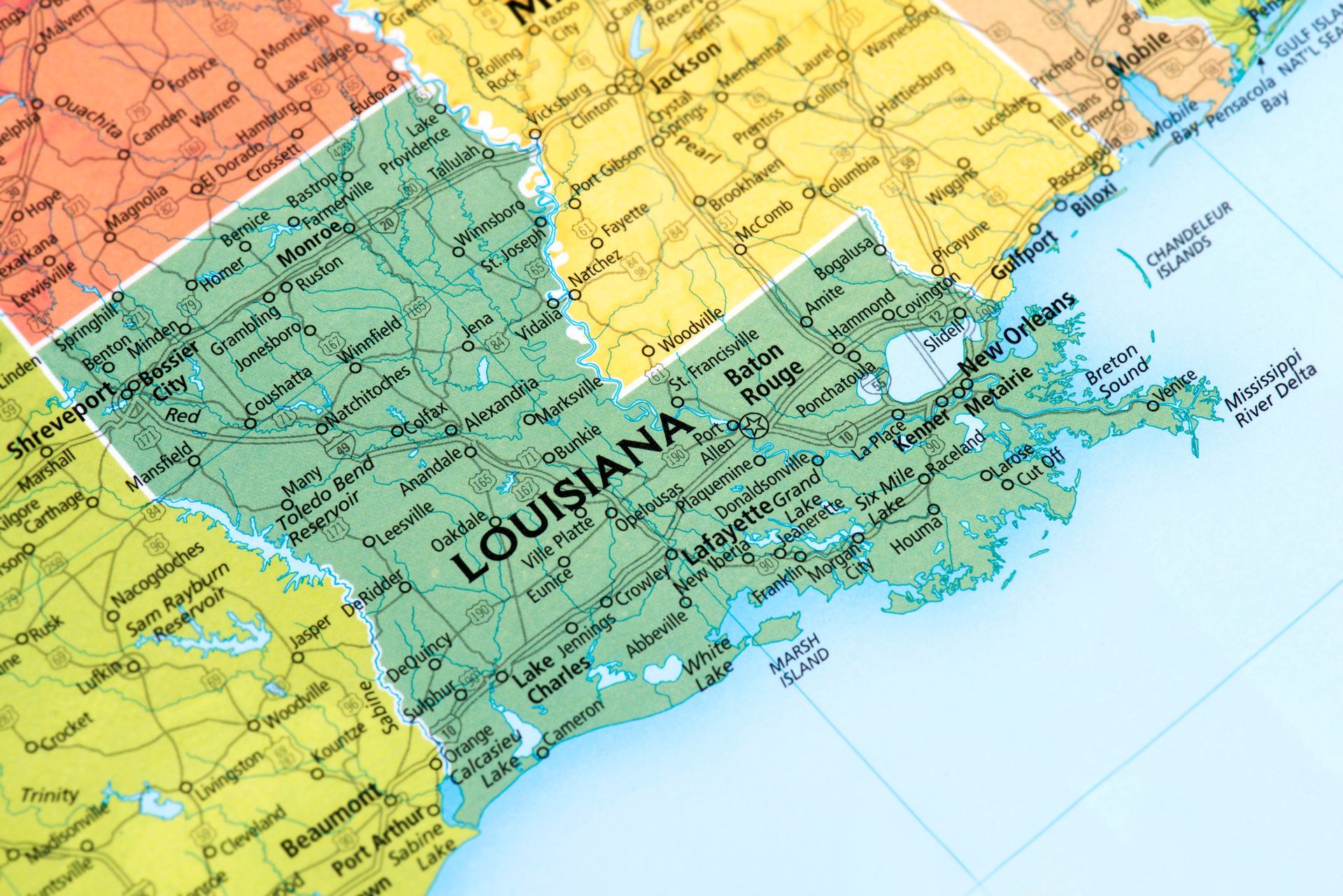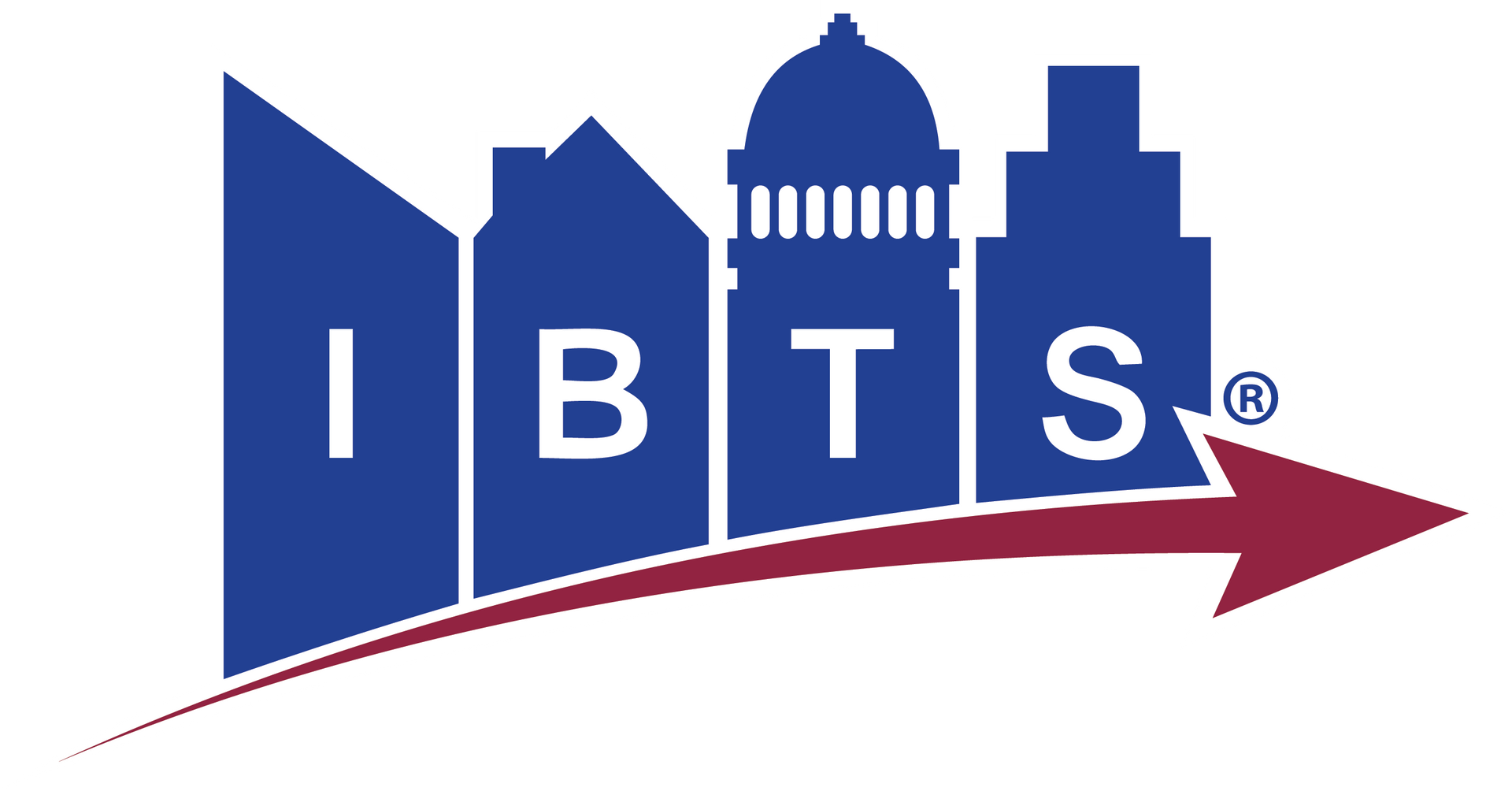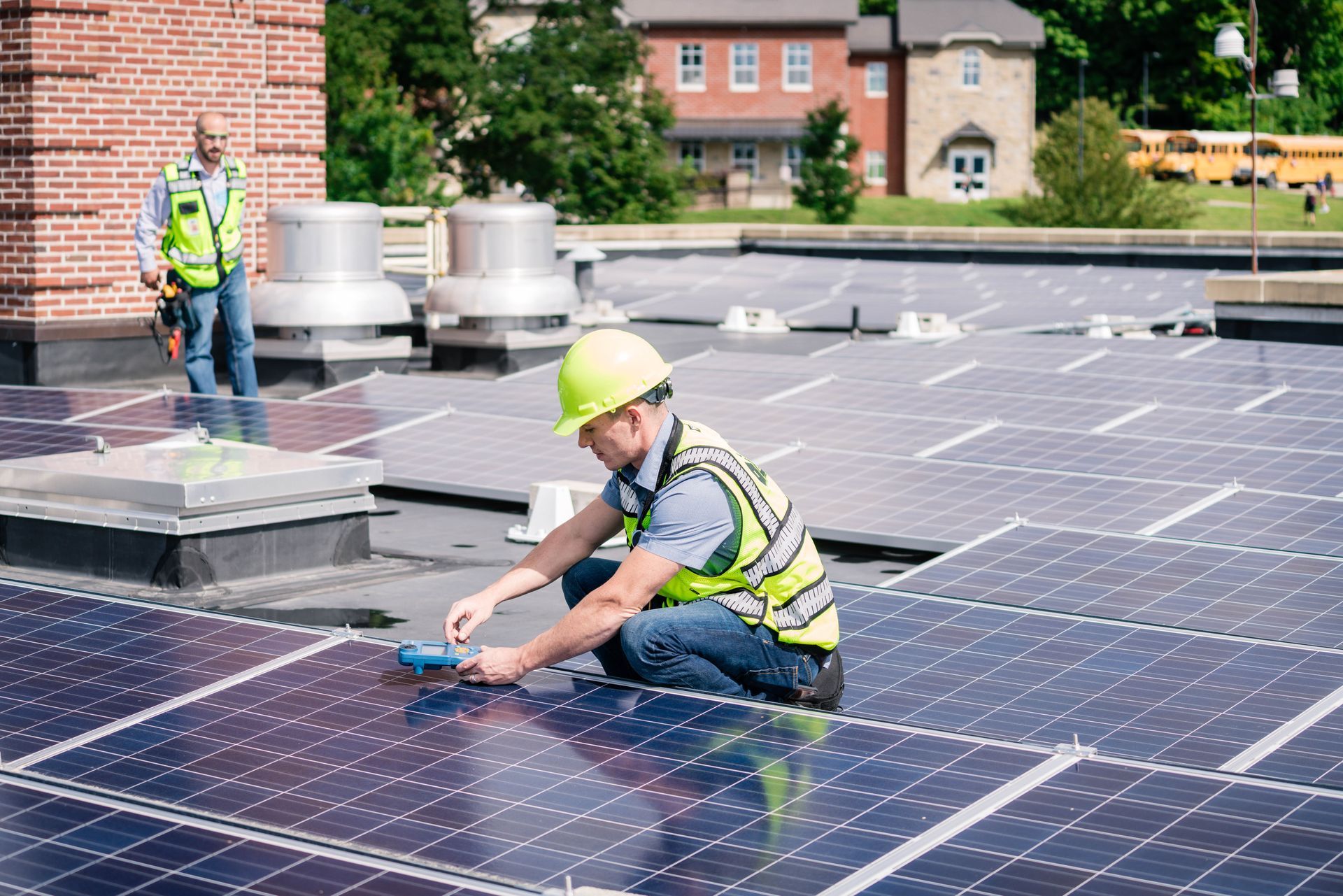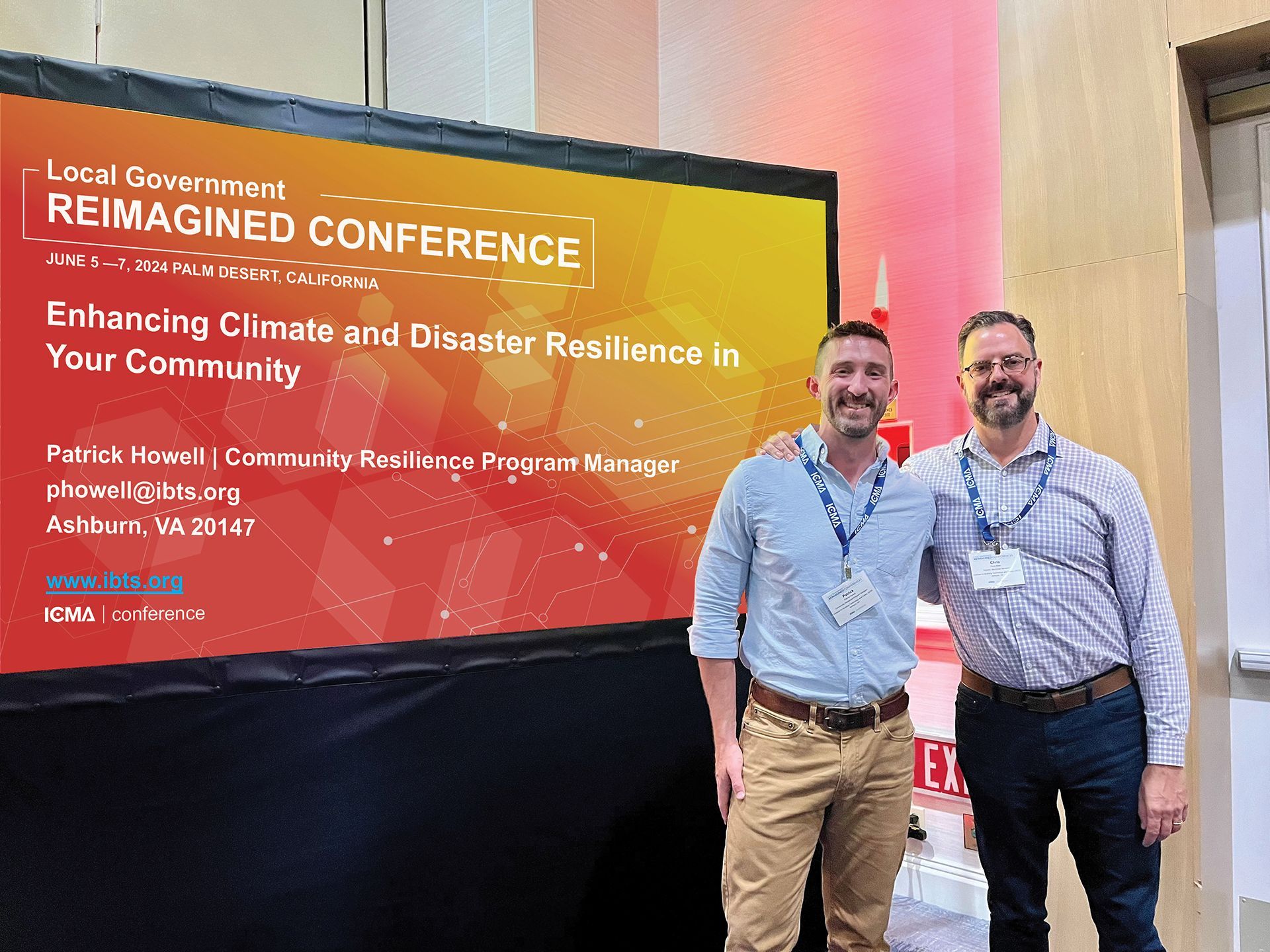Five Puerto Rico Communities Recognized for Solar Energy Achievements
Share this article:
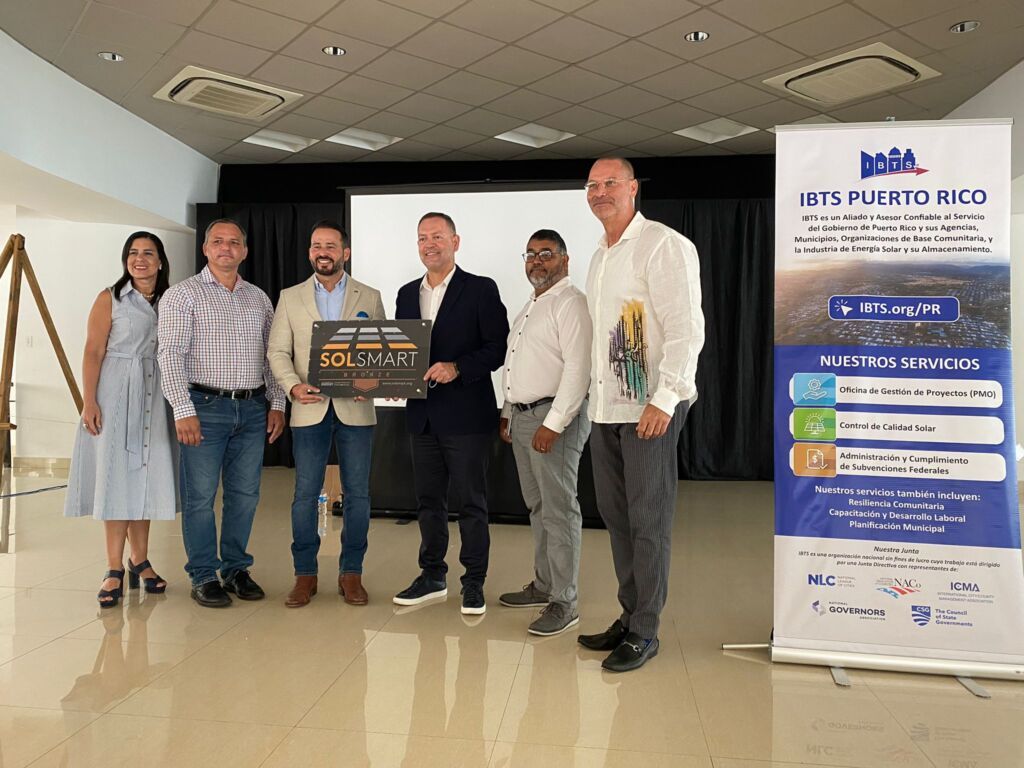
Washington, D.C. and Orocovis, Puerto Rico — Five rural municipalities in Puerto Rico’s central mountain range have achieved federal recognition for encouraging local adoption of solar energy.
These communities—Barranquitas, Ciales, Morovis, Orocovis, and Villalba—received Bronze designation through SolSmart, a national program that helps local governments reduce barriers to solar energy growth.
The five municipalities are the first in Puerto Rico to achieve a SolSmart designation, joining more than 450 communities in 42 states, the District of Columbia, and the U.S. Virgin Islands. The communities celebrated these achievements at an event in Orocovis on May 10.
“I am proud that Orocovis and so many neighboring municipalities in Puerto Rico’s Central Mountain Range are actively supporting the expansion of solar energy in our communities. This is one step closer to helping our Island achieve 100% clean energy use by the year 2050,” said Orocovis Mayor Jesús Edgardo Colón Berlingeri, who is hosting the ceremony honoring the municipalities.
SolSmart is led by the Interstate Renewable Energy Council (IREC) and the International City/County Management Association (ICMA), and funded by the U.S. Department of Energy Solar Energy Technologies office. The program offers free technical assistance to help communities meet their energy needs using solar power and related technologies like battery storage.
“We are so thrilled to recognize the first communities in Puerto Rico for their solar energy accomplishments,” said Theresa Perry, Program Director at IREC. “These local governments are laying the groundwork for a sustainable energy future that will help reduce energy bills for residents and businesses, while also enhancing community resilience.”
The Institute for Building Technology and Safety (IBTS) provided extensive technical assistance support to help these communities meet the criteria for SolSmart designation. IBTS provided one-on-one guidance to municipalities; led a training session on planning, permitting, and inspection for large-scale solar systems; hosted an informational workshop for the business community and the general public; and assisted the communities with promoting the program and providing education about solar.
"Community outreach is such an important part of the SolSmart program, yet educating residents and businesses about the benefits of solar energy in these five rural communities demanded a unique approach," said Karen Jonson, IBTS' Market Engagement Director. "We are proud to have collaborated with these municipalities to develop customized, effective outreach strategies tailored to their specific needs."
“As a non-profit organization devoted to strengthening our communities, it fills us with encouragement when we see them make such great strides towards building their resilience,” said Agnes Crespo, director of the IBTS Puerto Rico Region. “We are proud of the accomplishments these municipalities have made,” she added, “and hope they serve as inspiration to all communities on the Island to make sure solar energy is accessible to all residents.”
All five communities are members of the Municipal Energy Consortium of the Mountain Region, which is in the process of developing a microgrid system to create greater energy resilience. Each municipality also launched a Facebook page to inform the public about local solar energy opportunities.
The SolSmart program is open to all municipalities in Puerto Rico. Communities interested in joining the program and receiving no-cost technical assistance can contact solsmart@irecusa.org.
